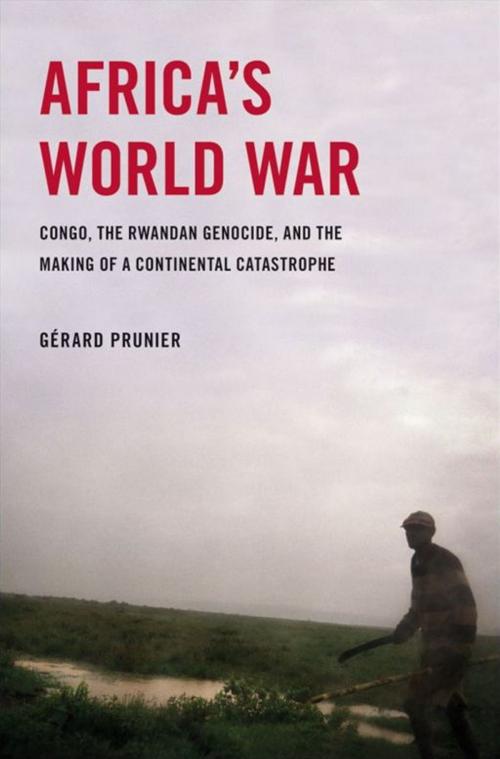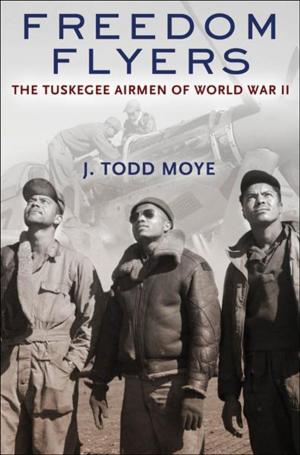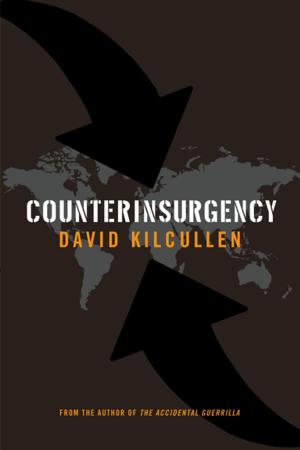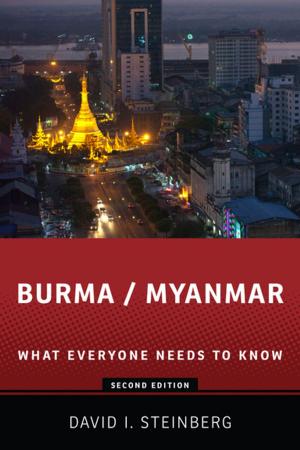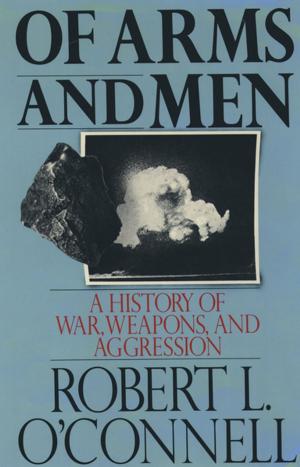| Author: | Gerard Prunier | ISBN: | 9780195374209 |
| Publisher: | Oxford University Press, USA | Publication: | December 15, 2009 |
| Imprint: | Language: | English |
| Author: | Gerard Prunier |
| ISBN: | 9780195374209 |
| Publisher: | Oxford University Press, USA |
| Publication: | December 15, 2009 |
| Imprint: | |
| Language: | English |
The Rwandan genocide sparked a horrific bloodbath that swept across sub-Saharan Africa, ultimately leading to the deaths of some four million people. In this extraordinary history of the recent wars in Central Africa, Gerard Prunier offers a gripping account of how one grisly episode laid the groundwork for a sweeping and disastrous upheaval. Prunier vividly describes the grisly aftermath of the Rwandan genocide, when some two million refugees--a third of Rwanda's population--fled to exile in Zaire in 1996. The new Rwandan regime then crossed into Zaire and attacked the refugees, slaughtering upwards of 400,000 people. The Rwandan forces then turned on Zaire's despotic President Mobutu and, with the help of a number of allied African countries, overthrew him. But as Prunier shows, the collapse of the Mobutu regime and the ascension of the corrupt and erratic Laurent-Desire Kabila created a power vacuum that drew Rwanda, Uganda, Angola, Zimbabwe, Sudan, and other African nations into an extended and chaotic war. The heart of the book documents how the whole core of the African continent became engulfed in an intractible and bloody conflict after 1998, a devastating war that only wound down following the assassination of Kabila in 2001. Prunier not only captures all this in his riveting narrative, but he also indicts the international community for its utter lack of interest in what was then the largest conflict in the world. Here then is a gripping eyewitness account of the most bloody upheaval of recent times, a book of passionate and unblinking intensity that is our best record to date of one of the great tragedies of the post-Cold War era.
The Rwandan genocide sparked a horrific bloodbath that swept across sub-Saharan Africa, ultimately leading to the deaths of some four million people. In this extraordinary history of the recent wars in Central Africa, Gerard Prunier offers a gripping account of how one grisly episode laid the groundwork for a sweeping and disastrous upheaval. Prunier vividly describes the grisly aftermath of the Rwandan genocide, when some two million refugees--a third of Rwanda's population--fled to exile in Zaire in 1996. The new Rwandan regime then crossed into Zaire and attacked the refugees, slaughtering upwards of 400,000 people. The Rwandan forces then turned on Zaire's despotic President Mobutu and, with the help of a number of allied African countries, overthrew him. But as Prunier shows, the collapse of the Mobutu regime and the ascension of the corrupt and erratic Laurent-Desire Kabila created a power vacuum that drew Rwanda, Uganda, Angola, Zimbabwe, Sudan, and other African nations into an extended and chaotic war. The heart of the book documents how the whole core of the African continent became engulfed in an intractible and bloody conflict after 1998, a devastating war that only wound down following the assassination of Kabila in 2001. Prunier not only captures all this in his riveting narrative, but he also indicts the international community for its utter lack of interest in what was then the largest conflict in the world. Here then is a gripping eyewitness account of the most bloody upheaval of recent times, a book of passionate and unblinking intensity that is our best record to date of one of the great tragedies of the post-Cold War era.
